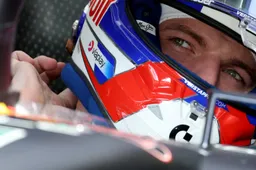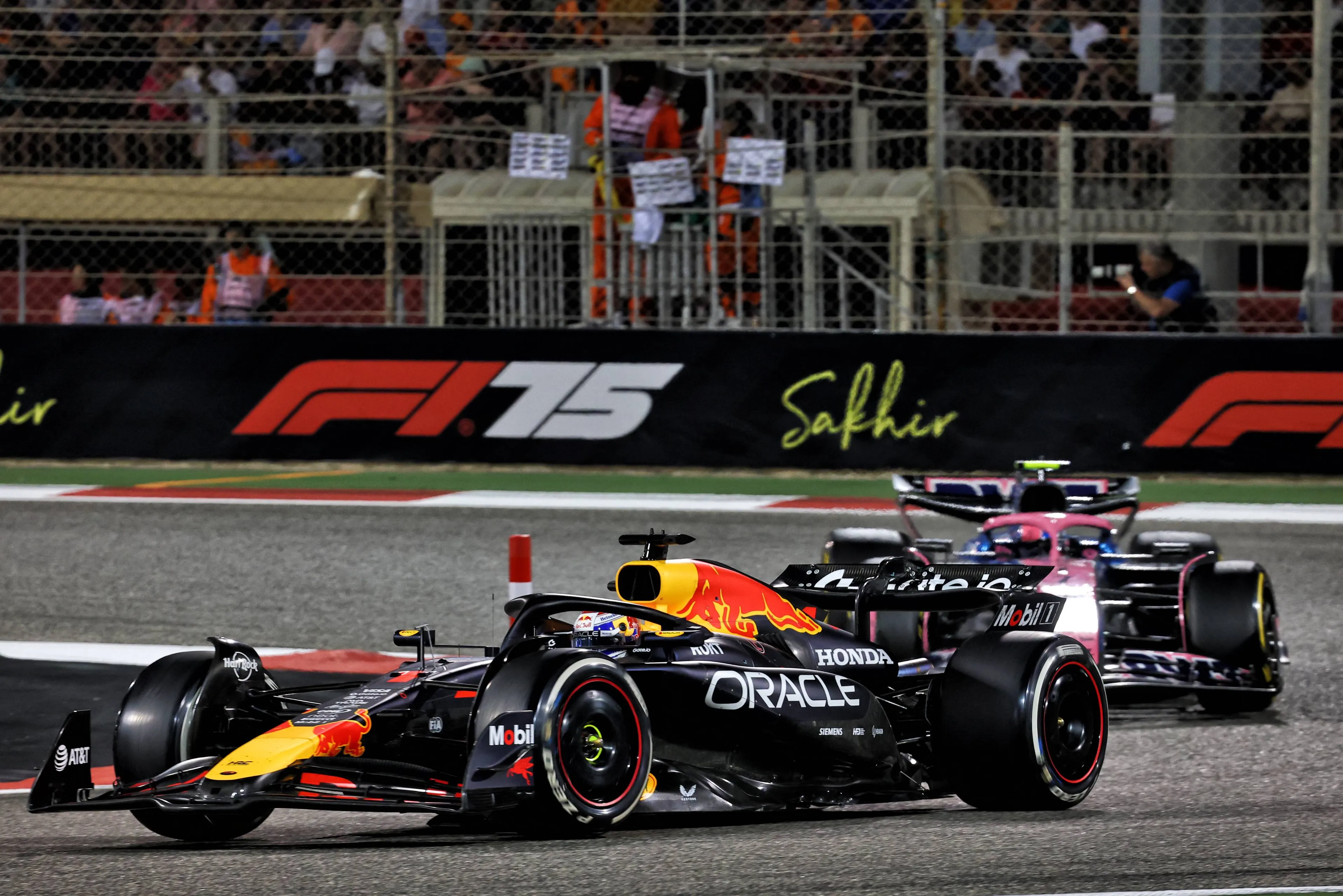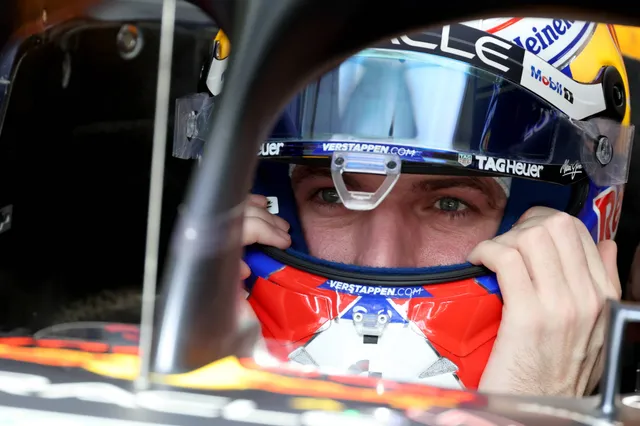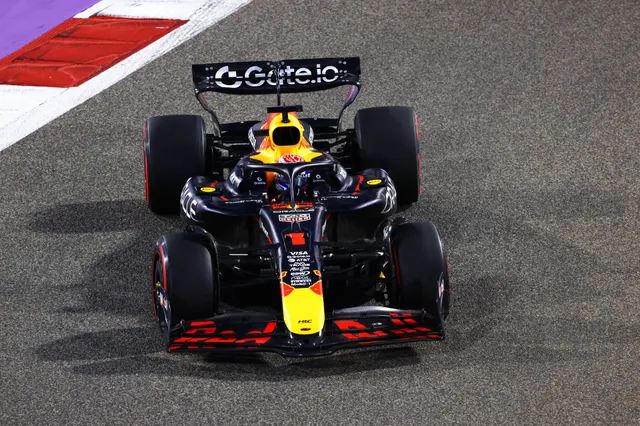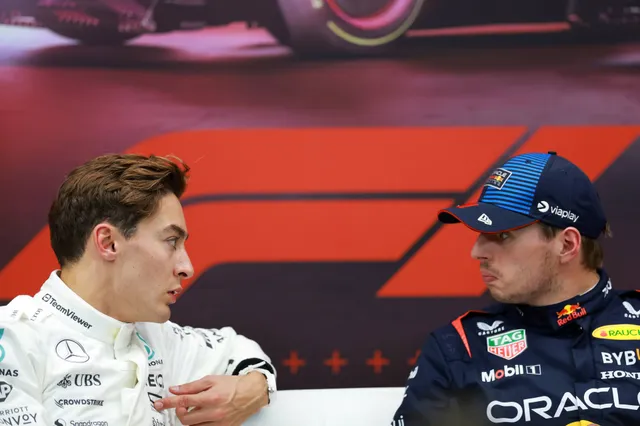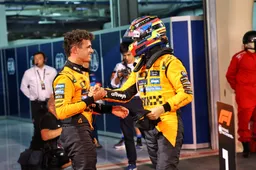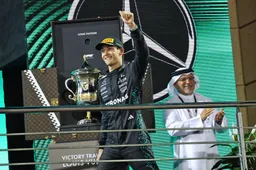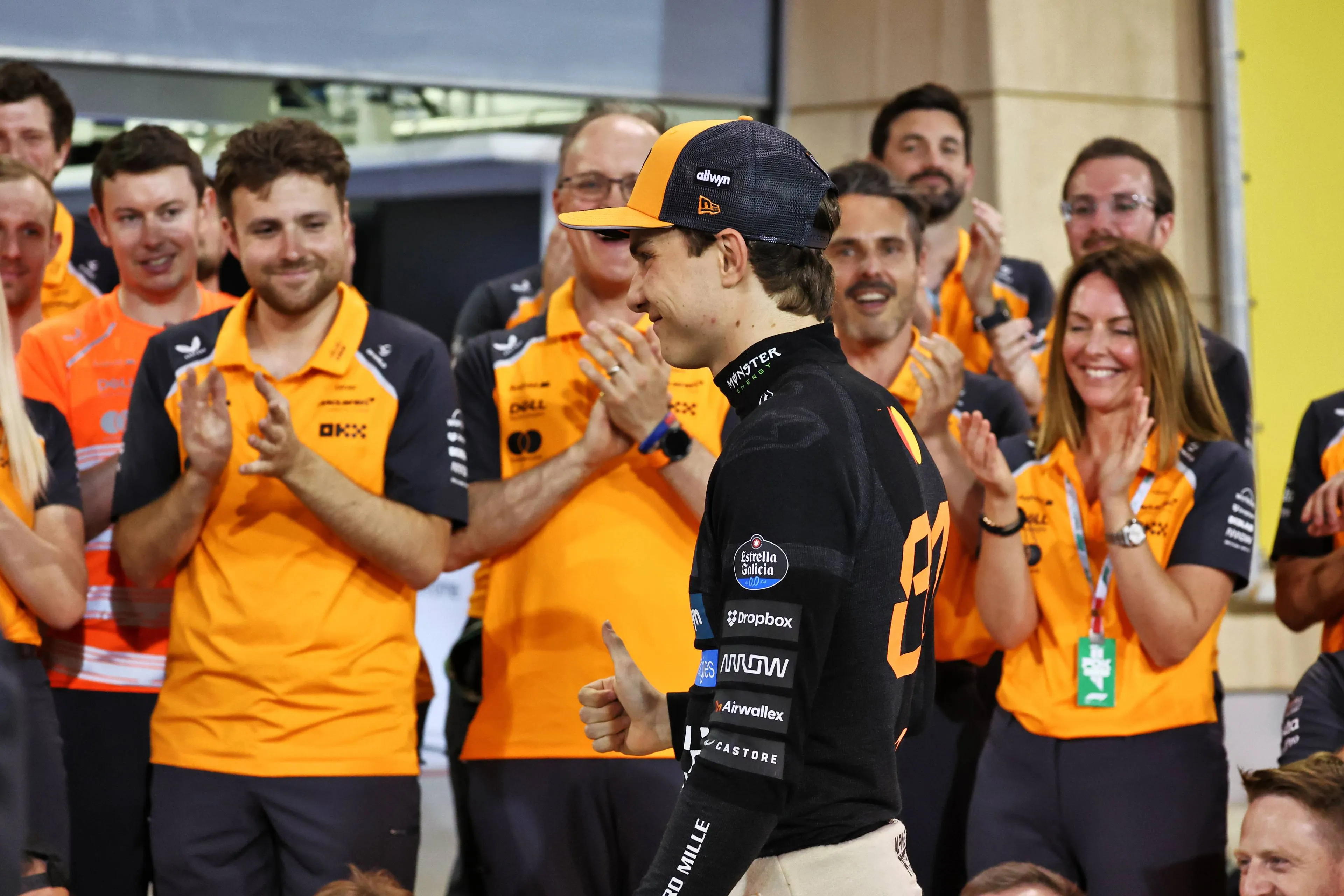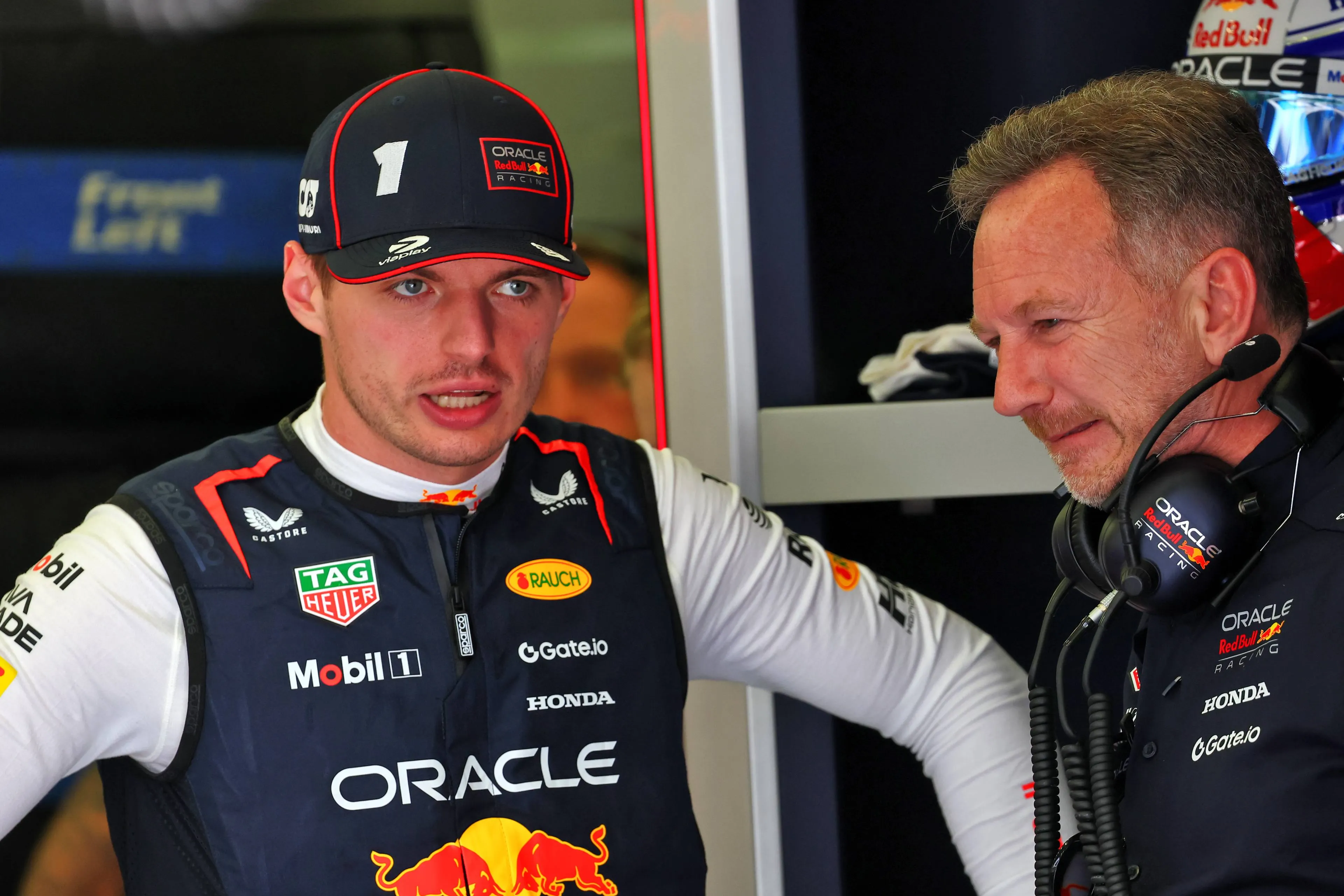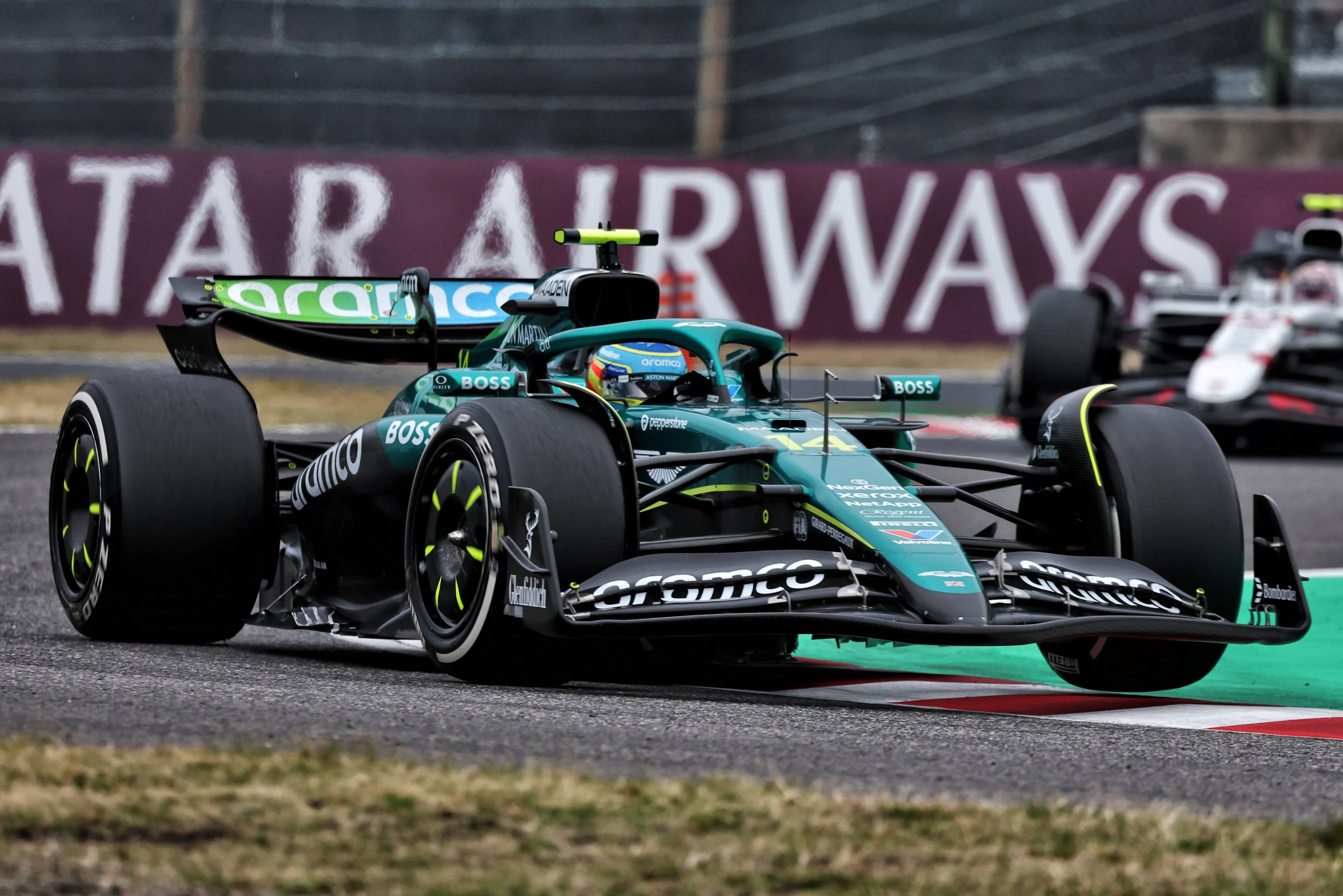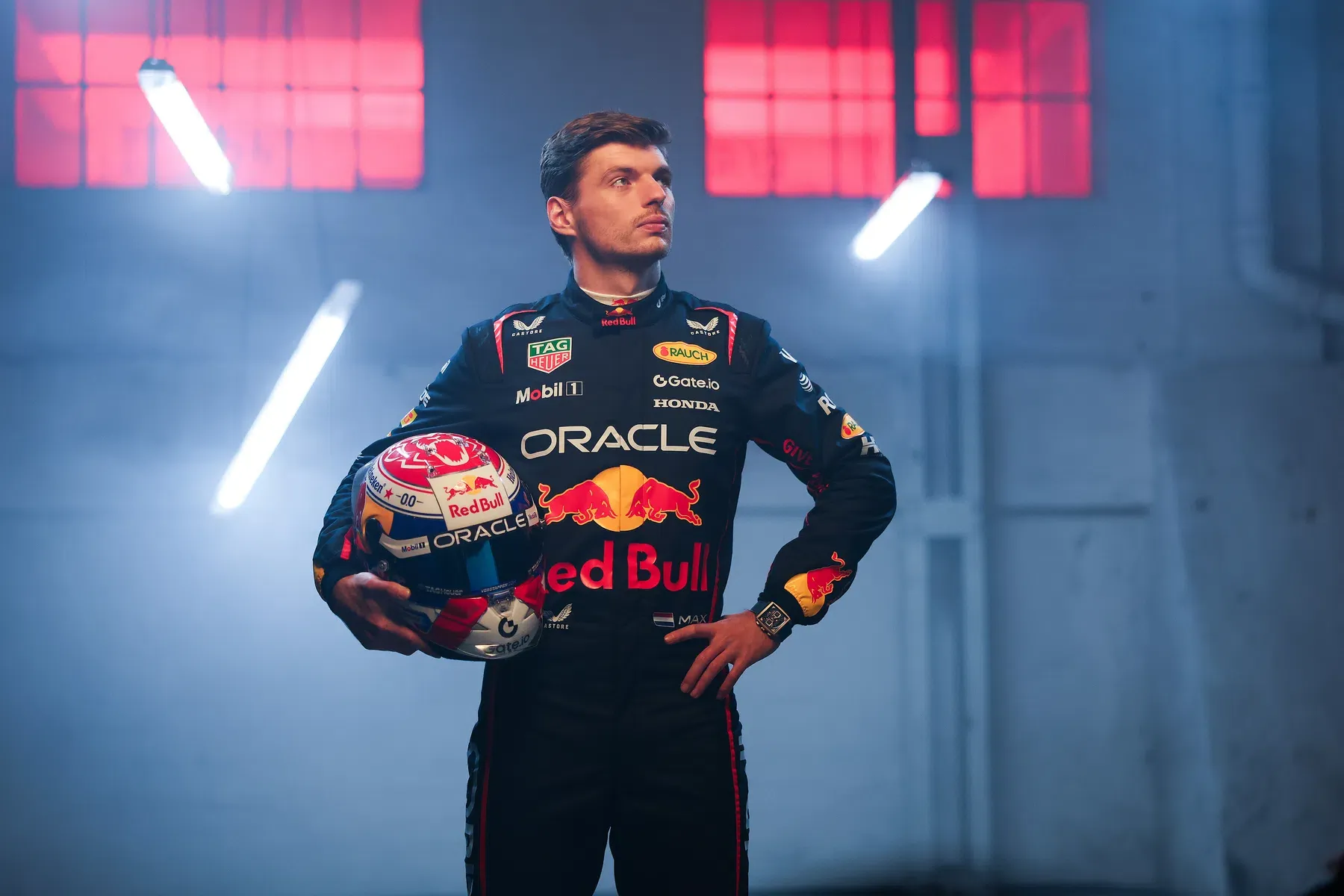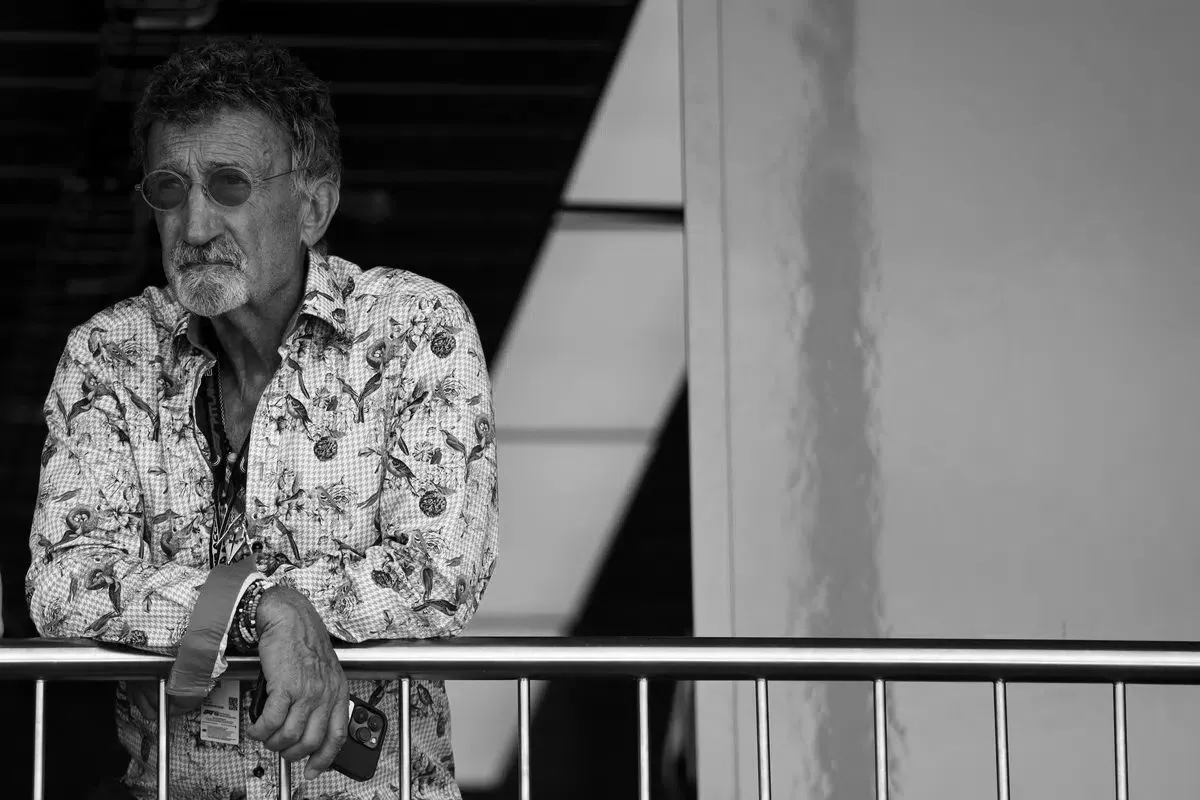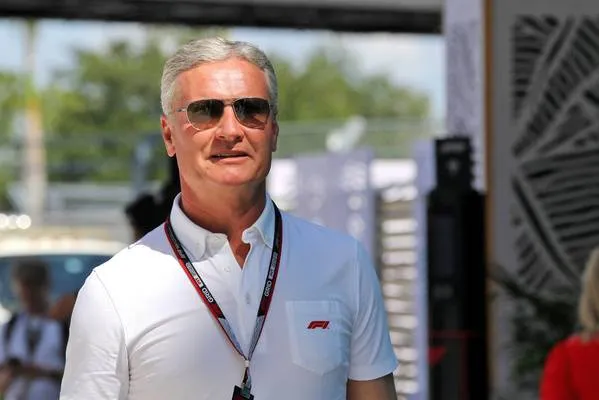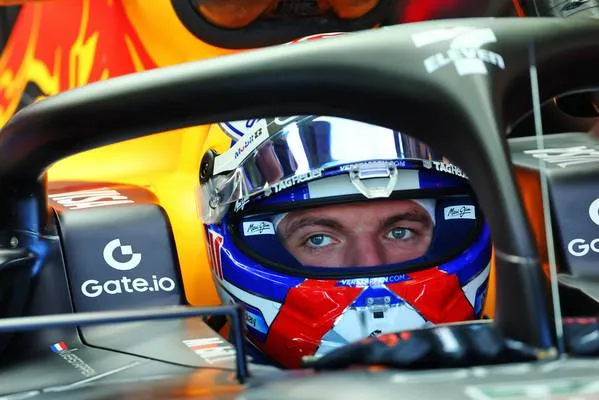Horner reflects on Red Bull's issues in Bahrain: 'Just introducing solutions'
After the Bahrain Grand Prix, Christian Horner reflected on many things that went wrong for Red Bull Racing. In terms of the brake issues of Max Verstappen, the Austrians are still looking to fix that.
Max Verstappen failed to compete for pole position on the Saturday, and he also had a difficult Grand Prix a day later. Eventually, the Dutchman crossed the finish line in sixth position.
"He’s not getting any bite or feel from the pedal, and of course it’s such an important tool that gives the driver so much feedback," Horner began to the issue to GPblog among others in the paddock. The team principal stated that this also affects the way you enter the corners.
"On top of that, your entries end up compromised, you take in too much speed, and it creates its own issues. So we need to get to the bottom of that pretty quickly," he underlined.
Horner on upgrades
While the Red Bull and Racing Bulls cars share some similarities, they are two separate cars. The Faenza-based team's car is said to have a wider operating window.
Horner stated that they are focusing on dealing with that issue as well. "That’s what the team are very much focused on, and over the next few races, as updates are introduced, they’re designed to hopefully address some of that."
The Briton also explained whether they could minimise these aforementioned issues with setups changes: "I think ultimately you can mask it a little through setup, and we were able to achieve that last weekend in Suzuka. But this race has exposed some pitfalls that we clearly have and need to get on top of quickly. I think we understand where the issues are; it's just introducing the solutions obviously takes a little more time."
However, more problems have been discovered in Bahrain, which seems to slow down the progress once again. "It's a completely different problem. The characteristics are perhaps similar, but the braking issue, for example, we didn’t have last year," the team principal concluded.
This article was written in collaboration with Kimberley Hoefnagel
Read also
Popular on GPBlog
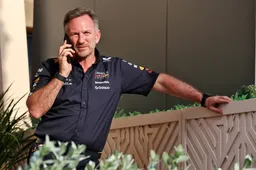
What Red Bull and Ferrari’s position says about the state of their 2026 PU

Brundle warns Russell he should be "worried" as Wolff 'won't want to let Verstappen slip again'
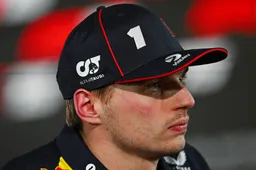
Debate | It is impossible for Max Verstappen to become world champion in 2025?
